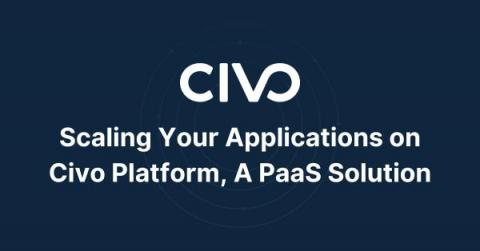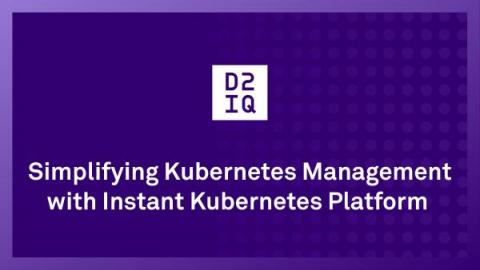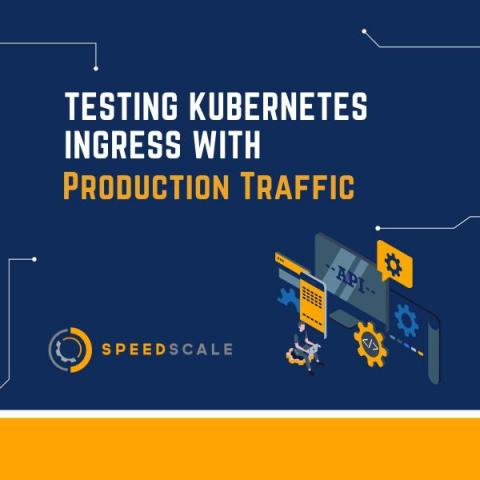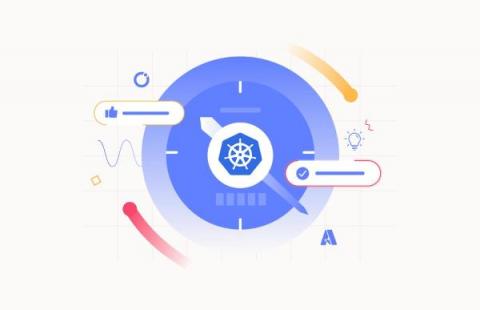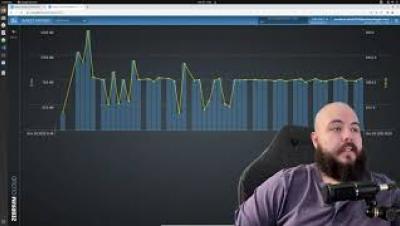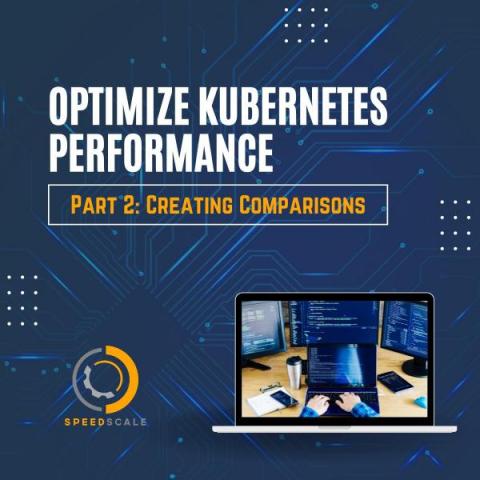Scaling Your Applications on Civo Platform, A PaaS Solution
Managing infrastructure while developing, building, and running an application is difficult for developers. In fact, many businesses often struggle with infrastructure management besides managing their applications. To tackle this problem, Platform-as-a-Service or PaaS came into existence. PaaS provides a platform with a cloud-based environment for developers to develop and manage their applications with pre-configured tools and frameworks.


